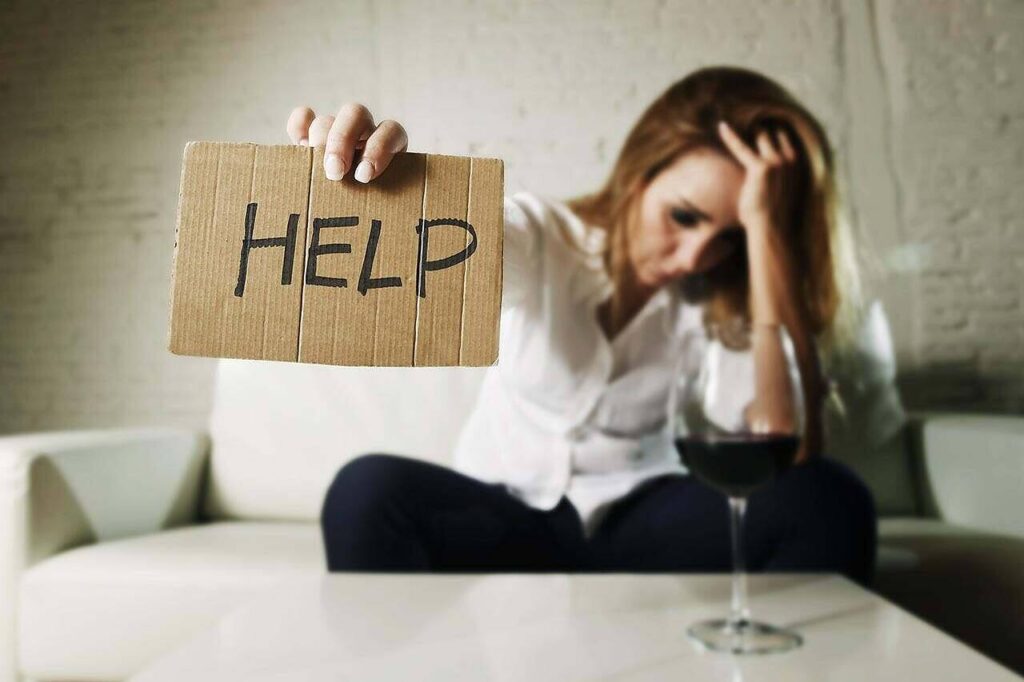
Although therapy usually focuses on the person who has the problem, there’s no question that addiction often impacts on families and friends in a big way. A big question that family members often struggle with is whether to let go or not to let go when a loved one is in the throes of addiction.
How Addiction Affects Family & Friends
Sometimes you have to detach yourself with love, as one of the major principles is ‘you didn’t cause it, you can’t control it, and you can’t cure it. There is good evidence that being abandoned by loved ones, in fact, hurts one’s chances of getting clean.
In many situations, communication may have already broken down, and by the time someone decides to take action, reaching out might seem impossible, but in fact, it’s more important than ever that you intervene now.
Your support is important, and you could become actively involved in the recovery process in the following ways:
- Encourage your loved one to seek professional help in alcohol rehab, drug clinic or addiction counselling.
- Become educated about addiction and involve other family members or friends.
- Addressing any of your actions that may be contributing to your loved one’s addiction.
How Can I Know if I am Overreacting to an Addiction Problem?
Addiction is seldom an isolated problem involving a single person. Addiction treatment often brings up troubling issues in a family’s life, such as relationship conflicts, substance abuse in the household, domestic abuse, or past traumas. While delving into these issues can be uncomfortable or even painful, it’s necessary that the family heal together so that each member can become healthy and strong.
How can I Bring up the Subject to a Person Struggling with Addiction?
People often worry that starting a discussion with the person with the problem will lead him or her to take drastic steps. They might move out of the house, make a scene in front of other family members, try to hide their problem, or retaliate against other members of the family members. However, it may be that you find the conversation to be a wonderfully productive experience. Perhaps the person merely not noticed behavioural changes or doesn’t realise that his or her addiction problem was or is causing a problem. And without change, the problems may become so severe that the same drastic outcomes could result.
The Family’s Part In Addiction Recovery
Family members can find healthy roles and behaviours to aid and support recovery. For instance, a parent may take the role of the supporting but steady parent who inspires their loved one to take sensible and decisive action.
Family members may go to support groups with their loved one or go to their own support groups for relatives of addicts. The making of healthy limits and denying to centre on the behaviour of the addict are the basis of recovery for the family.
Common Arguments From Addicts in Denial
Denial involves evading personal responsibility by blaming someone else, minimising or defending. Blaming is a direct statement moving blame and may overlap with denial. Minimising is an effort to make the effects or outcomes of an action appear to be less serious than they may really be. Defending is when someone takes a choice and endeavours to make that choice seem okay due to their perception of the situation. Someone using denial is usually trying to avoid possible harm or distress by shifting attention away from themselves.
How to Inspire an Addict to Go to Rehab
These are a few of the options available to you if searching for help or advice when requiring alcohol treatment. If you are struggling with addiction every day, then you do not have to go through this alone. There is help available for people ready to set off on the road to recovery.
Educate yourself about addiction. Read all of the literature that you can get your hands on. Go to local addiction support groups. Most importantly, speak to a professional about your situation, and perhaps even therapy yourself.
Hold an intervention. This can be one of the most useful tools that you can use to convince your addicted loved one to accept rehab. When a person’s entire circle – their spouse or partner, their parents, their siblings, their children, their other family members, their friends, their coworkers – all get together to directly inform the addict how his/her actions have negatively impacted their lives, it can be a powerful motivator.
How You Can Help Someone with an Addiction
Although you most likely want the substance use to stop as soon as possible, immediate abstinence from certain drugs has certain risks, including withdrawal symptoms and serious medical consequences. Many people need to be admitted to a detoxification centre to help them physically withdraw.
Contact Detox Plus today. We help you select rehabs that are within your budget and suitable for your needs.



